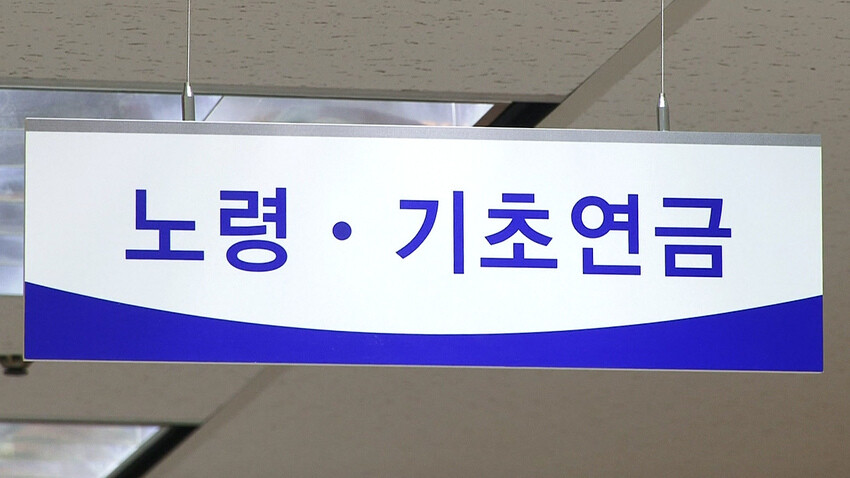
Seoul, South Korea – South Korea is on the cusp of a significant policy shift as the government and the National Assembly contemplate raising the retirement age and adjusting the eligibility age for basic pension benefits. With the country's population rapidly aging, policymakers are seeking ways to alleviate the mounting pressure on the social welfare system.
The Ministry of Health and Welfare has included a proposal to increase the age of eligibility for senior citizens as a key part of its annual work plan. The National Assembly has also initiated a study on this matter, with the Budget Office estimating that raising the eligibility age for basic pensions by five years could result in annual savings of approximately 6.8 trillion won (US$5.2 billion).
According to a report by the Budget Office, adjusting the eligibility age for basic pensions to 70 would yield a total of 13.1 trillion won in savings over the two-year period of 2023 and 2024. With South Korea having officially entered a "super-aged society" last month, where individuals aged 65 and over account for more than 20% of the population, the debate over the appropriate age to define a senior citizen has intensified.
The current definition of a senior citizen in South Korea is based on the Elderly Welfare Act of 1981, which sets the age at 65. However, the rapidly aging population and increasing life expectancy have prompted discussions about whether this age remains appropriate.
As the number of elderly individuals continues to soar, the government faces growing financial pressures to provide adequate social welfare services. The Statistics Korea's population projections indicate that the elderly population will surge from 8.98 million in 2022 to 17.27 million in 50 years, accounting for nearly half of the total population by 2072.
The escalating costs of social welfare programs, particularly pensions, have led to a significant increase in mandatory government spending. According to the Ministry of Economy and Finance's 2024-2028 National Fiscal Management Plan, mandatory expenditures are projected to rise from 52.9% of the total budget in 2024 to 57.3% in 2028.
As South Korea grapples with the challenges of an aging society, the proposed changes to retirement age and pension eligibility are likely to spark heated debates. While the government aims to ensure the sustainability of the social welfare system, concerns about the potential impact on the elderly and the labor market are expected to be raised.
[Copyright (c) Global Economic Times. All Rights Reserved.]






























